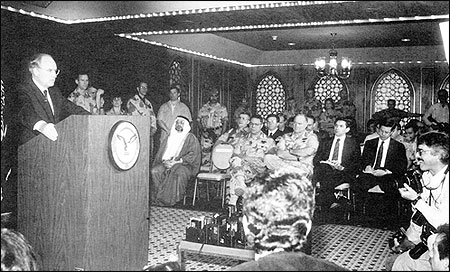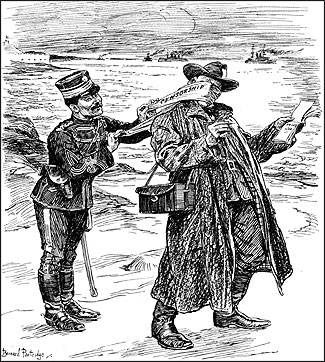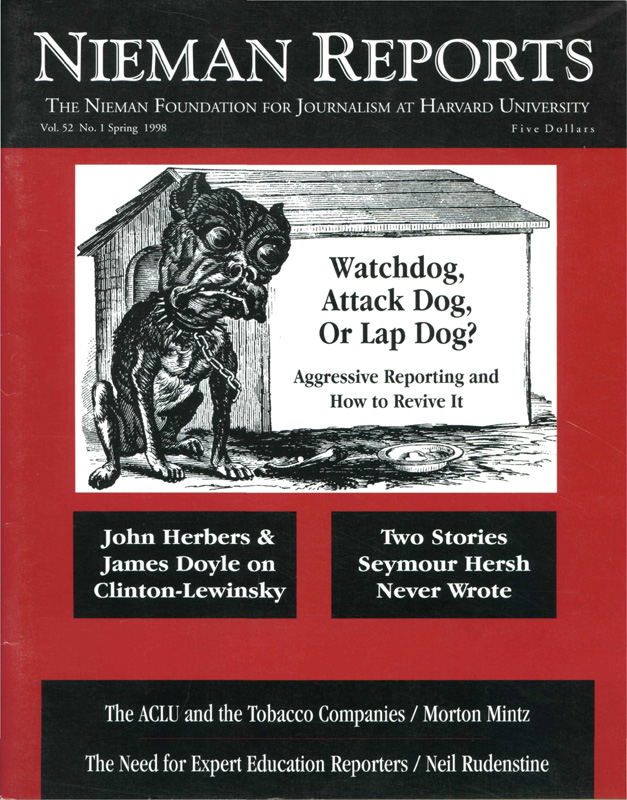 Secretary of Defense Richard Cheney responds to questions front the media while taking part in a press conference held by U.S. and Saudi Arabian officials during Operation Desert Storm. Official U.S. Navy photo.
Secretary of Defense Richard Cheney responds to questions front the media while taking part in a press conference held by U.S. and Saudi Arabian officials during Operation Desert Storm. Official U.S. Navy photo.The third paper on watchdog journalism deals with national security. The Pentagon uses slicker methods but the goal of controlling the press is the same as the outright censorship used by the Japanese military during the Russo-Japanese War of 1904-05.

www.arttoday.com



